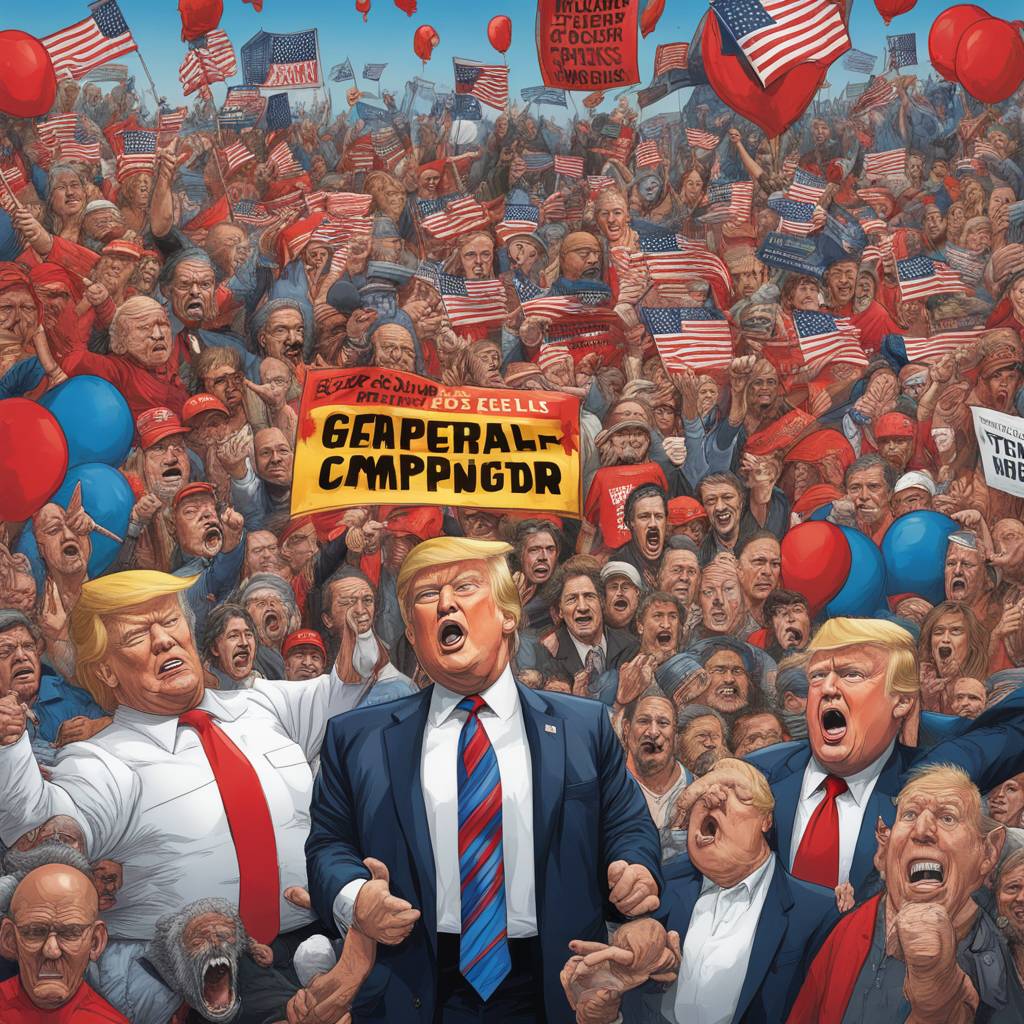Former President Donald Trump’s 2024 presidential campaign is facing backlash against an expanded gag order in his New York hush-money case, arguing that it limits his ability to engage in core political speech. New York State Supreme Court Justice Juan Merchan expanded the order to include prohibitions on Trump making statements about the families of the justice and Manhattan District Attorney Alvin Bragg. This move came after Trump had made social media posts criticizing Merchan’s daughter as a “super liberal.” While the order does not explicitly restrict Trump’s attacks on the justice and district attorney themselves, it warns that he could forfeit his right to access juror names if he engages in any conduct that threatens the safety and integrity of the jury selection process.
Trump campaign spokesperson Steven Cheung condemned the expanded gag order as an assault on free speech that limits Trump’s ability to speak out against “unconstitutional tyranny.” Cheung also claimed, without evidence, that Bragg was acting under orders from President Joe Biden. The campaign argued that the order violates the First Amendment rights of over 100 million Americans who support Trump and have a right to hear his uncensored speech as a presidential candidate. The statement also accused Bragg of politically motivated actions to derail Trump’s candidacy and urged Judge Merchan to clarify the scope of the order to prevent any further attacks on their family members.
While the expanded gag order limits Trump’s ability to disparage the families of Merchan and Bragg, there are no explicit restrictions against attacking the justice and district attorney themselves. Bragg, who filed the criminal indictments against Trump last year, urged Merchan to make it clear to Trump that any further attacks on their families should cease immediately. Trump’s legal team has expressed concerns that this order was issued while they were preparing for trial, with the criminal trial scheduled to begin in only two weeks. Trump has pleaded not guilty to the charges of falsifying business records and concealing hush-money payments made to adult-film actress Stephanie Clifford during his 2016 presidential campaign.
The case against Trump in New York includes 34 felonies related to the hush-money payments, and he has denied all charges while alleging that they are part of a coordinated effort by Democrats to prevent his return to the White House. The former president’s legal team has vowed to appeal for a further delay in the trial, indicating the ongoing legal battles surrounding Trump’s alleged criminal activities. The campaign’s response to the expanded gag order highlights their concerns over free speech limitations and their accusations of political motivation behind the legal actions taken against Trump in New York. The implications of this case extend beyond Trump’s individual legal troubles, raising questions about the intersection of free speech, political campaigning, and legal proceedings.








